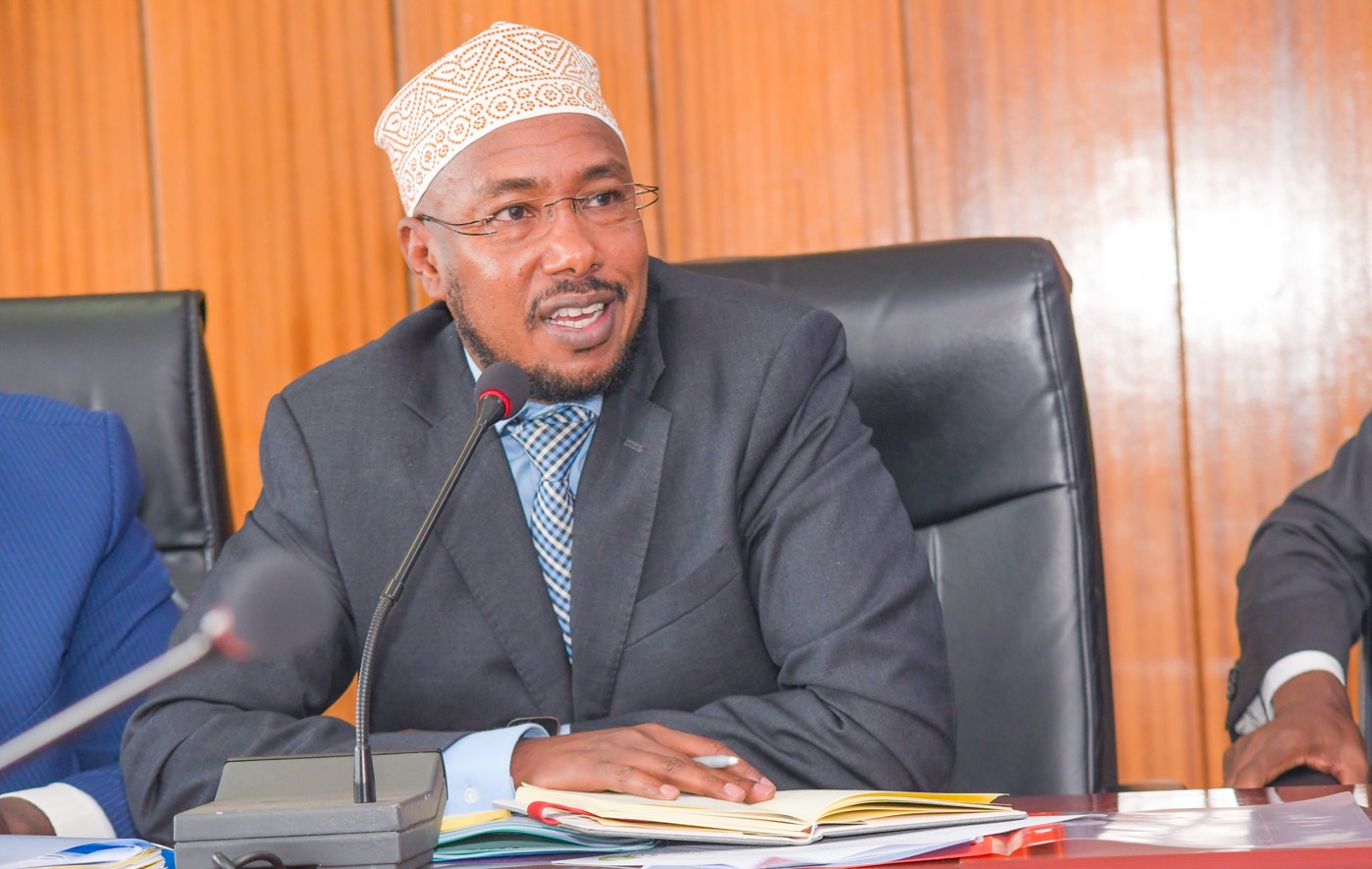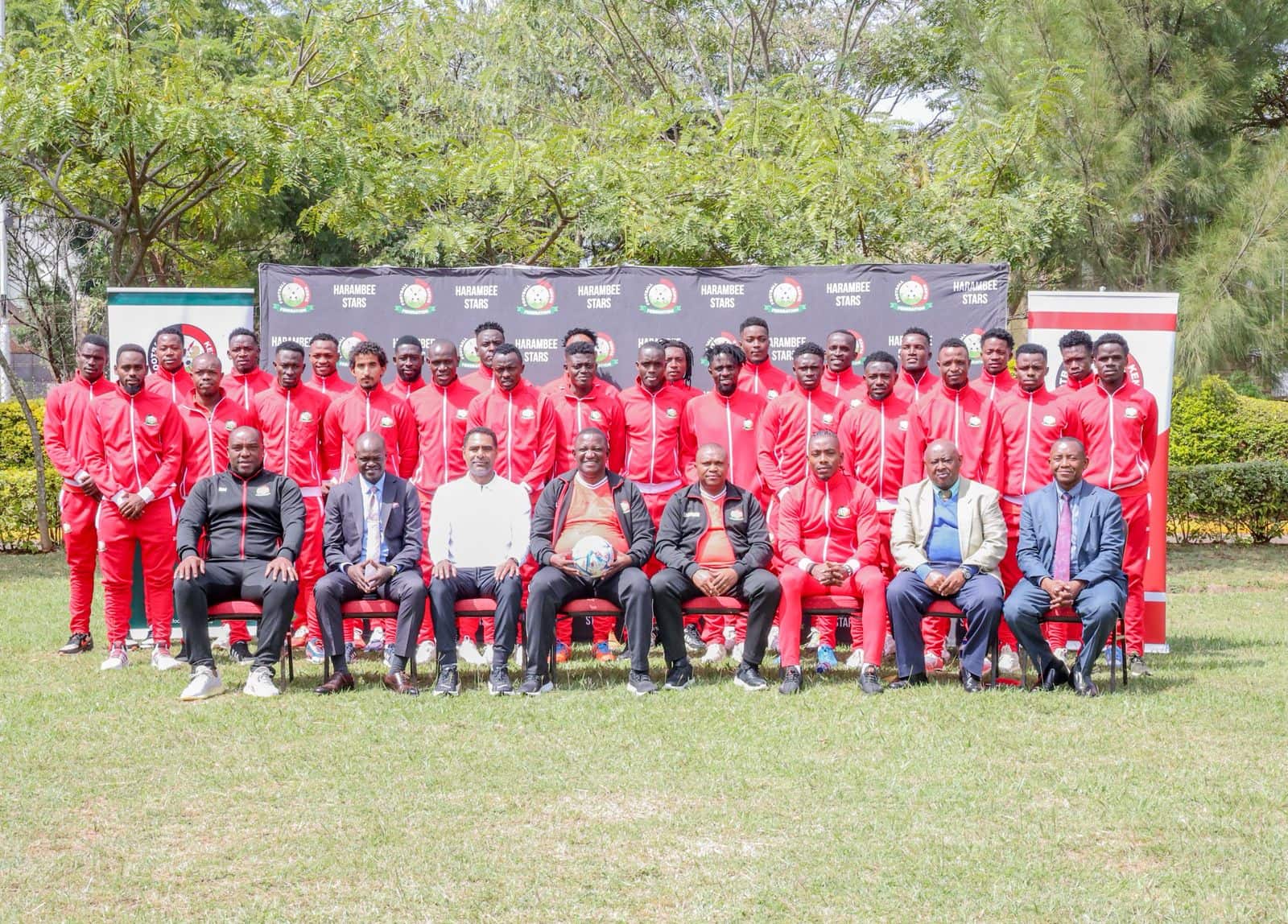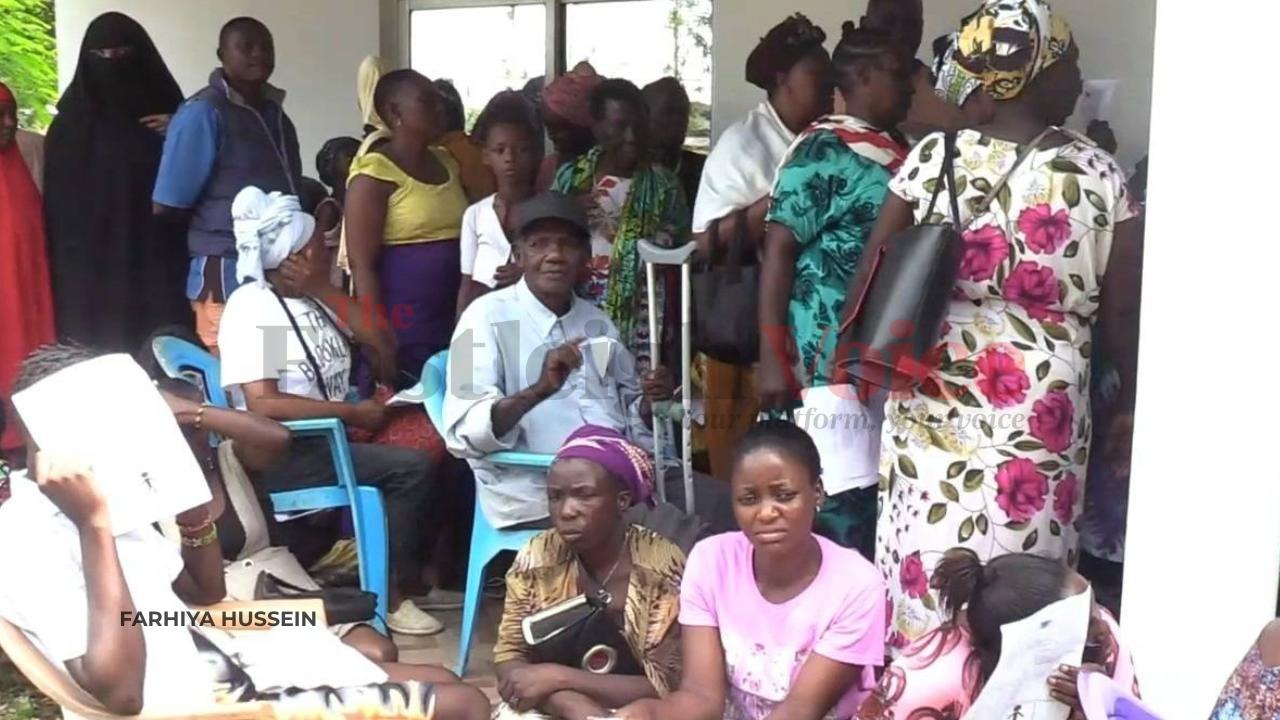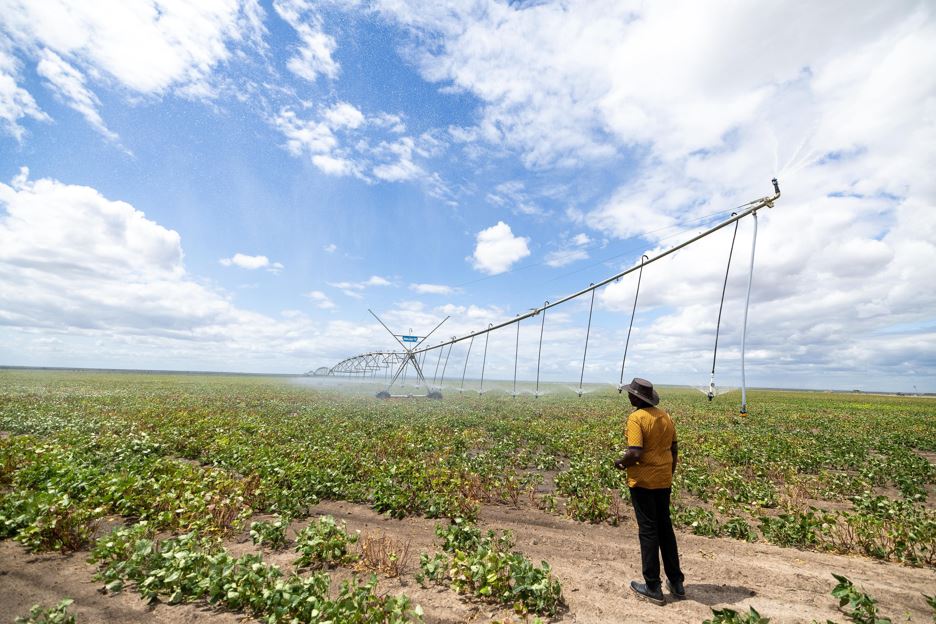IEBC seeks Supreme Court's advisory on boundary delimitation without commissioners

The electoral body sought an advisory opinion on whether it could undertake delimitation of boundaries exercise in the absence of the commissioners or the required quorum of commissioners
The Independent Electoral and Boundaries Commission has sought an advisory opinion from the apex court over the delayed delimitation of constituencies and other electoral processes following an existing deadlock over the lack of commissioners.
The electoral body Thursday moved to the Supreme Court seeking a temporal solution to the impasse which continues to disenfranchise constituencies and wards with no legislators and deny Kenyans the right to crack a whip and recall underperforming MPs.
More To Read
- Anne Nderitu's IEBC swearing-in paves way for new Registrar of Political Parties
- Fahima Abdallah elected new IEBC Vice Chairperson
- Kenya's democracy, future in IEBC's hands - CJ Koome
- Chief Justice Martha Koome urges new IEBC commissioners to 'fix what’s broken, earn public trust'
- "Every voice will count", says IEBC Chair Erastus Ethekon as he assures credible 2027 elections
- New IEBC Chairperson Erastus Edung Ethekon, commissioners sworn in
The commission has been operating without commissioners for more than a year following the retirement of two commissioners and former Chairperson Wafula Chebukati, the resignation of three others, and the dismissal of another by a Tribunal over electoral-related offences.
Chief Executive Officer Marjan Hussein Marjan said the agency was facing an unprecedented constitutional crisis over failure to initiate the delimitation process which should have occurred between March 6, 2020, and March 6 this year, after 12 years.
Despite President William Ruto having appointed seven members to a selection panel to oversee the recruitment of nominees for the appointment as the IEBC Chairperson and members of the commission in late February last year, only calls for applications were made the following month.
"...since the said advertisement, there appears to have been no progress made by the selection panel to shortlist and interview candidates for the position of the Chairperson and members of the Commission," Marjan argued in a written submission made to the court.
The CEO further argued that the panel was yet to adhere to a High Court ruling delivered on January 24 this year which ordered it to take immediate steps to undertake the recruitment and submit names of successful applicants for appointment.
Article 89 (2) of the Constitution provides parameters for delimitation and tasks the commission to review the names and boundaries of constituencies at intervals of not less than eight years and not more than 12 years.
Marjan said the agency's ability to execute its mandate hinged on it having a required quorum and though vacancies existed within its membership, it remained legally and constitutionally obligated to proceed with the process of delimitation of boundaries.
The electoral body sought an advisory opinion on whether it could undertake delimitation of boundaries exercise in the absence of the commissioners or the required quorum of commissioners, conduct a review of the names and boundaries of constituencies and wards while timelines had lapsed.
Further, the agency also enquired if the constitutional timelines could be extended and if so, by whom and under what circumstances.
"The matter is of great public importance and has far-reaching consequences on the country in terms of political stability, social cohesion and electoral integrity," IEBC said.
Attorney General Justin Muturi had in a legal opinion to IEBC in April this year, warned that failure to undertake the process within the required timelines could result in legal challenges and litigation, saying Kenyans could argue that their constitutional rights had been compromised.
This comes at a time when President Ruto has been under immense pressure from the opposition to sign the IEBC Bill 2024, which was approved by the Senate last month, into law to allow Kenyans to exercise their democratic rights by holding their leaders accountable.
IEBC cannot at the moment perform its functions including conducting by-elections due to lack of a quorum of more than three commissioners as required in law. This has disenfranchised Kenyans in electoral units with no representatives.
Top Stories Today









































